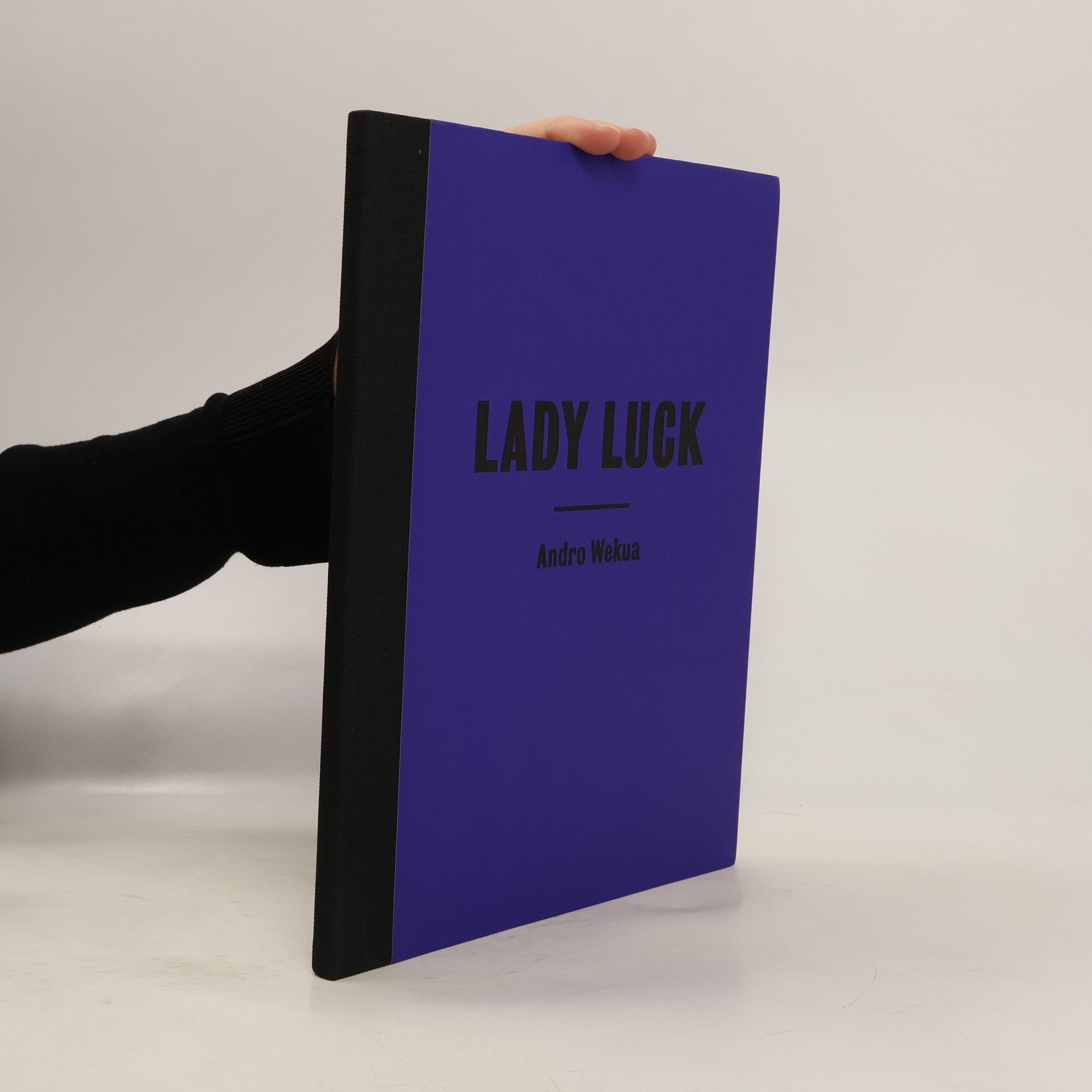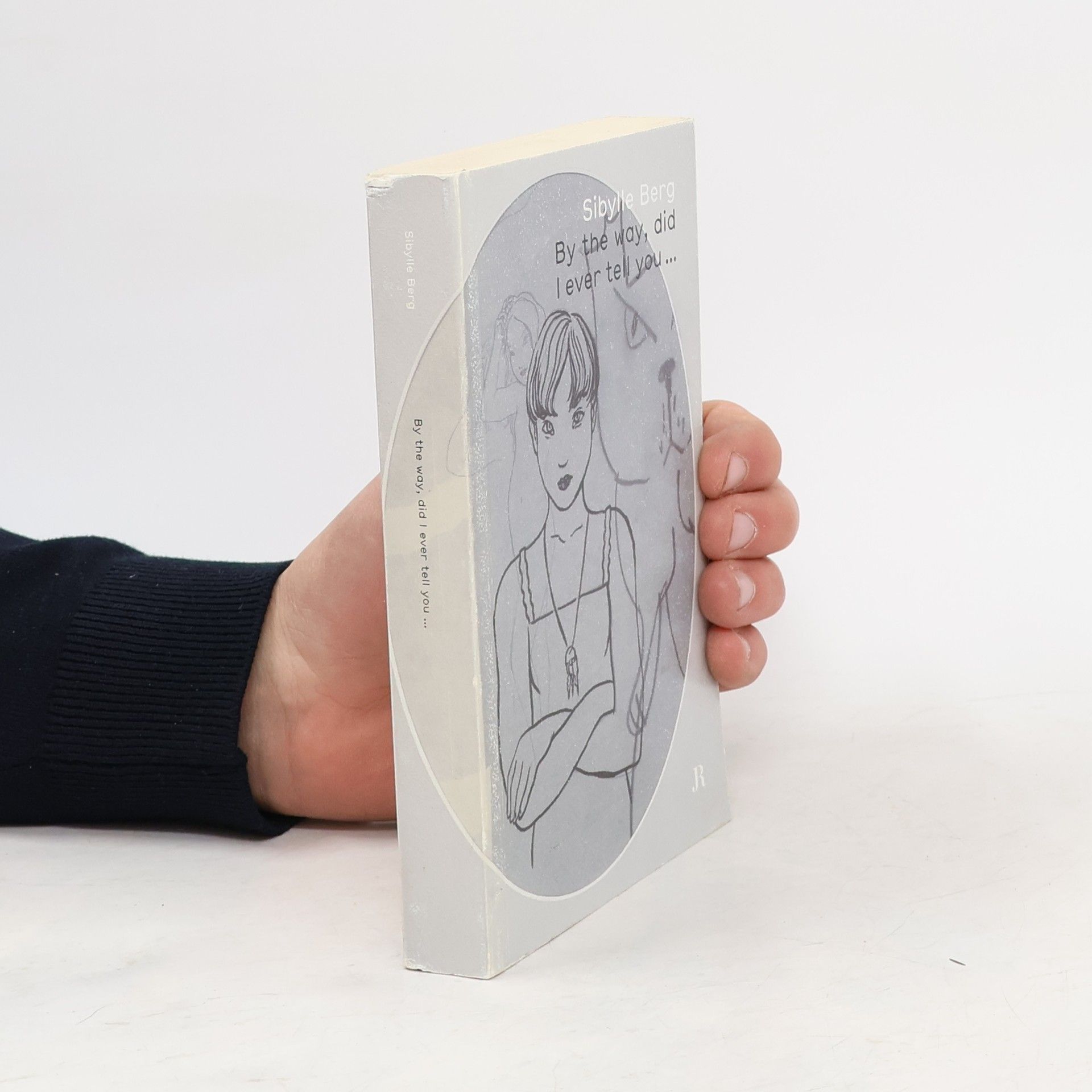By the Way, Did I Ever Tell You...
- 240pages
- 9 heures de lecture
Writer Sibylle Berg has the eye of an entomologist: Under her gaze, humanity falls into a taxonomy of wretched characters, full of dramas and impossible dreams--though she always manages to carry them through their travails with a dose of empathy and a sense of humor. In this novella, previously unpublished in English, Berg boldly relates the lives of two children growing up in East Germany. They communicate through the things that were not said, the projects that came to nothing, their loneliness, boredom and confinement. The story allows for positive endings, but is no average coming of age narrative. Berg was born in Weimar in 1962, and though she currently lives in Zurich, she is still heralded as one of Germany's most provocative writers. This beautifully produced, small-edition volume includes illustrations by Swiss artist, Andro Wekua and American Rita Ackermann.

